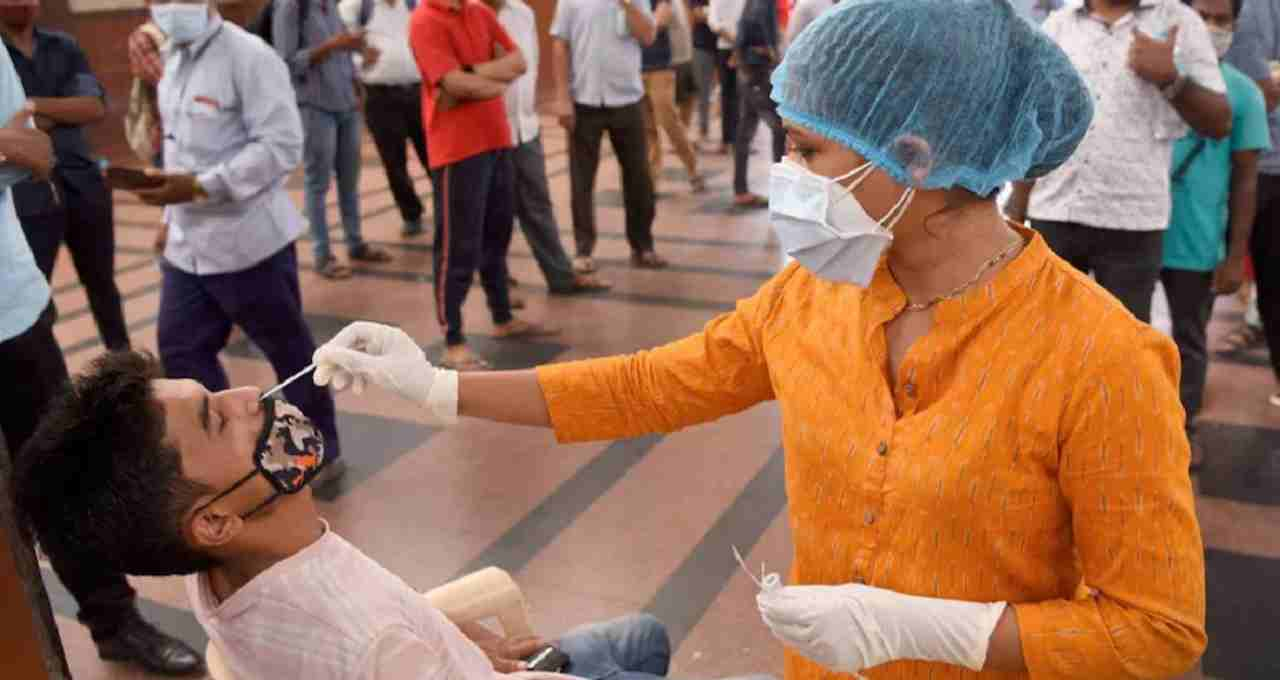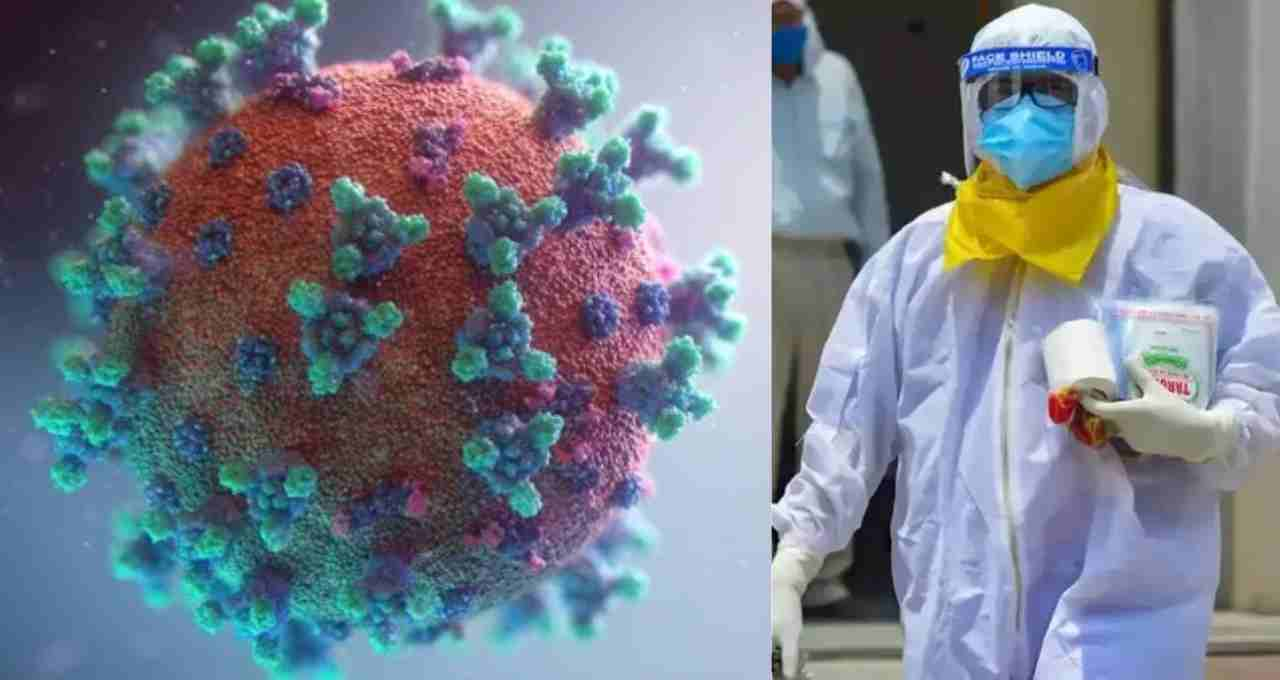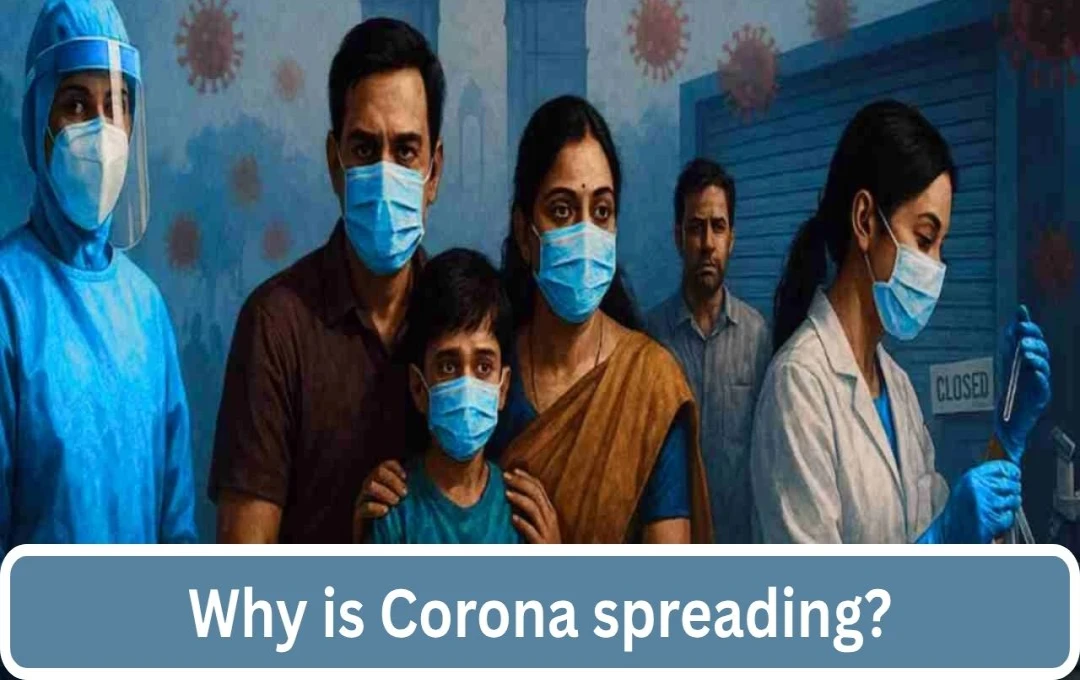COVID-19 cases are rising again in India, with over 1,000 new cases reported nationwide. A resurgence of COVID-19 infections is also being observed in several other Southeast Asian countries.
Covid-19 Resurgence: India is experiencing a renewed increase in COVID-19 cases, with many states reporting over a thousand new infections daily. However, the concern level is not as high this time, as most cases present mild symptoms, and hospitalizations remain low. Experts believe the virus is transitioning towards an endemic state, resulting in recurring waves of infection. The question remains: why are cases rising again? Is a new variant responsible, or are there other contributing factors? Let's explore this in detail.
Why are COVID-19 Cases Increasing Again?
Since the initial phase of the COVID-19 pandemic, the virus's behavior has changed. SARS-CoV-2 now behaves similarly to other seasonal viruses, exhibiting seasonal fluctuations and recurring infection waves. According to experts, herd immunity has weakened in several countries, including India. This means that the protection against infection afforded by previous vaccination or infection is gradually waning in many individuals.
Furthermore, many individuals haven't received a booster dose for over a year, weakening their immunity. Young children born after the pandemic, who haven't been infected or vaccinated, are also susceptible to infection and can contribute to virus transmission.

Are New Variants Responsible?
No concrete evidence links the current increase in COVID-19 cases to a specific new variant. The World Health Organization (WHO) and Indian health agencies are monitoring some new variants like JN.1, LF.7, and NB.1.8.1, but none have proven to be significantly more dangerous or contagious than previous Omicron variants. A lack of genome sequencing makes a complete analysis difficult, but currently, there's no apparent serious threat.
Severity of Current Cases
While COVID-19 cases are increasing, the majority are mild. According to the WHO, while new variants might be more transmissible, there hasn't been a significant rise in severe illness or hospitalizations. Most patients exhibit flu-like symptoms that resolve within a few days without specific treatment. Severe cases are primarily observed in elderly individuals and those with pre-existing conditions such as diabetes, lung problems, or heart disease.
What are the Symptoms of COVID-19?
Symptoms associated with the newer COVID-19 variants have also changed. Most patients now experience mild fever, dry cough, sore throat, runny or stuffy nose, fatigue, and body aches. Loss of taste and smell is less common compared to previous waves. Severe complications like difficulty breathing, pneumonia, or low oxygen levels are less frequent, especially among those vaccinated or previously infected.

Preventive Measures
Given the rising infection wave, it's crucial to take precautions:
- Continue wearing masks, especially in crowded places.
- Wash hands regularly and use sanitizer.
- Get tested for COVID-19 immediately if flu-like symptoms appear and isolate if positive.
- Elderly individuals and those with serious illnesses should exercise extra caution and consult a doctor at the first sign of symptoms.
Is a Booster Dose Necessary?
Experts currently believe booster doses aren't strictly necessary for the general population. Existing vaccines offer protection against severe illness and hospitalization; therefore, vaccination remains crucial. However, booster doses are recommended for those over 60, individuals with serious illnesses, and those with weakened immune systems.
Globally, efforts are underway to transition COVID-19 from a pandemic to an endemic viral infection. This means the virus will remain part of our lives but will be managed. Therefore, a risk-based strategy, focusing on protecting high-risk groups, will replace mass vaccination.













